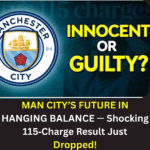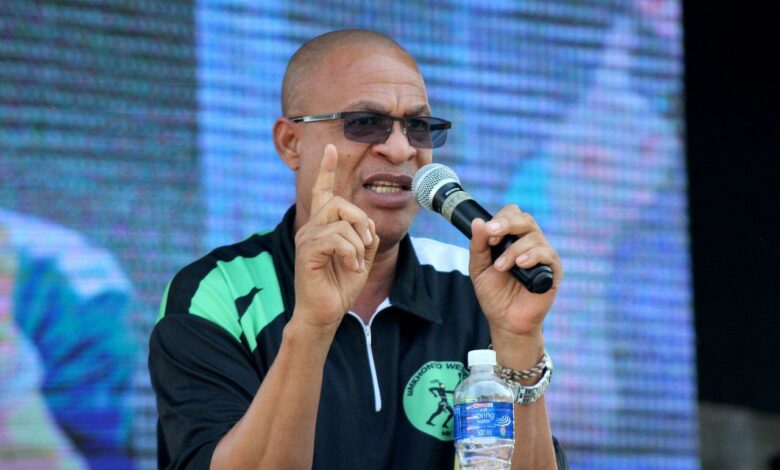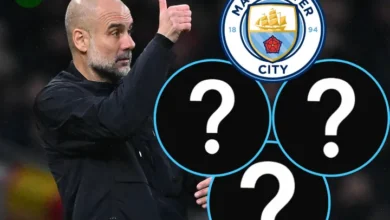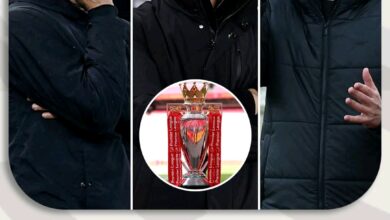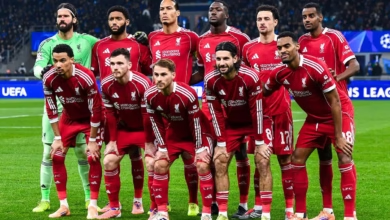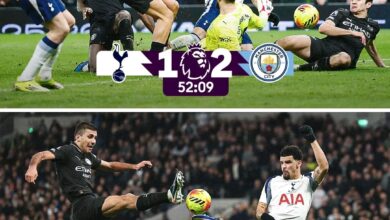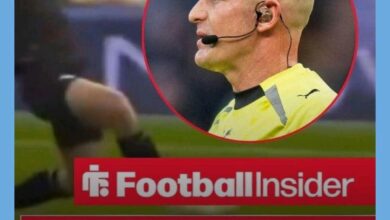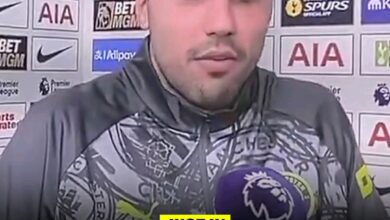HUGE DEVELOPMENT IN MAN CITY’S WAR WITH THE PREMIER LEAGUE
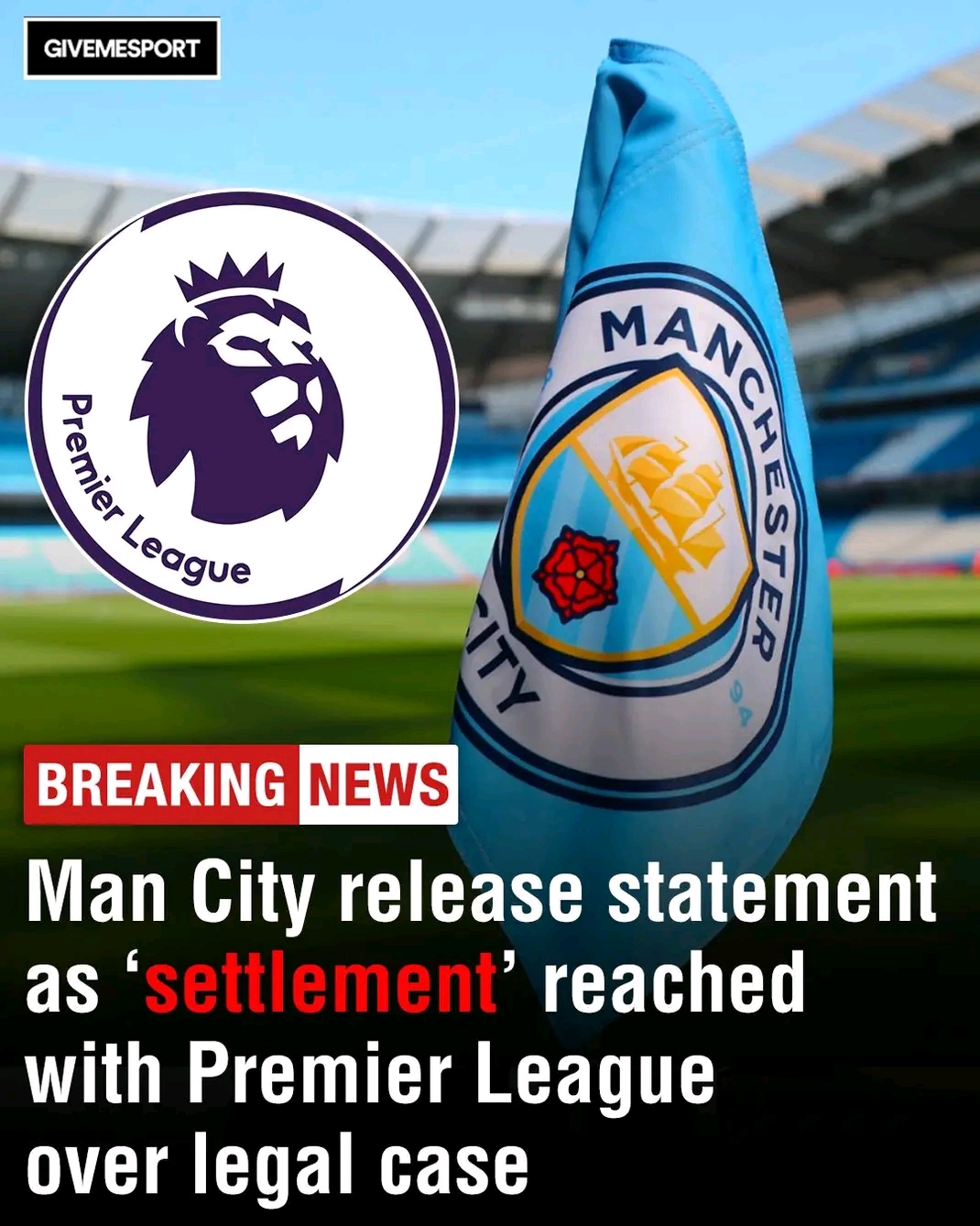
Manchester City have once again found themselves at the center of football’s biggest storm but this time the blue side of Manchester can finally breathe a little easier after months of uncertainty that shook not only the Premier League but the entire football world. After endless arguments, heated boardroom battles, lawyers filling documents like players filling passes on the pitch, and sleepless nights for fans who feared what the future might bring, the Premier League and Manchester City have finally reached a settlement over the famous Associated Party Transaction rules that threatened to break the relationship between the champions and the league they dominate. It is a story that stretches back years, a story that saw City standing firm against rules they believed were unfair and anti-competitive, and now the curtain has finally dropped on one of the most dramatic off-field battles in Premier League history.
The Premier League confirmed to all clubs in a long-awaited announcement that the saga is over, the settlement is agreed, and the proceedings that had cast a dark shadow over the start of the season are now officially terminated. Manchester City for their part issued a sharp and controlled statement, carefully worded to send a message but not to ignite more fire. In their words, the club confirmed that they accept the current APT rules as valid and binding, and that no more public comment will come from either side. It was the end of a legal war, but like every war, even when the guns go silent, the memories remain.
For Manchester City fans, this battle was about more than rules and lawyers, it was about respect, it was about a belief that their club has been targeted ever since they rose to the top of world football. For years, rivals whispered and sometimes shouted loudly that City’s success was built on money rather than merit. For years, fingers were pointed whenever new sponsorship deals were announced, questioning whether they were truly fair market value or simply a way to inject more funds into the Etihad machine. The APT rules were created in 2021 after Newcastle United’s Saudi-backed takeover, but it was Manchester City who felt the harsh edge of those rules more than anyone else.
The issue boiled over in 2023 when City attempted to renew and expand their sponsorship deal with Etihad Airways, the company that has its name not only on the team’s shirts but also across their iconic stadium. The Premier League looked at the numbers and rejected it, declaring it failed to meet fair market value tests. To City, this was more than rejection, it was an insult. To their lawyers, it was a violation of competition law. City launched a legal challenge and in a dramatic moment, the tribunal sided with them, declaring parts of the rules void and unenforceable. It was a huge victory for the club, one that sent shockwaves through the Premier League offices. Rivals fumed, fans debated endlessly, and headlines across Europe screamed about how City had beaten the system.
But the Premier League, battered but not broken, refused to back down. They made adjustments, they rewrote the rules, trying to close loopholes and keep a grip on sponsorships linked to club owners. City, never afraid of a fight, pushed back again. They argued the new adjustments were still unfair, still unlawful, still designed to hold them back. Another tribunal date was set, another round of lawyers prepared for war, another few months of uncertainty awaited. That was supposed to be the next chapter, until the news dropped like thunder in September 2025 that a settlement had been reached and that the case would be terminated.
For some, this was relief, for others, frustration. Relief for those who feared years of legal chaos hanging over the league, frustration for rivals who wanted to see City punished or restricted. In truth, the Premier League needed this over just as much as City did. The constant back-and-forth was damaging the brand of the league, damaging trust, and distracting from the football itself. Both sides wanted an exit door, and now they found it.
Still, it is important to remember one crucial detail. This case is not the same as the massive storm of 115 alleged financial breaches that City are still facing. That huge case, the one that could shape the very future of the Premier League and potentially City’s legacy, remains untouched by this settlement. The APT saga is finished, but the big battle is still to come. Nobody knows when it will conclude, nobody knows how it will end, and nobody can predict the damage it might cause. For now, though, City can claim victory in one chapter of their legal wars.
The mood among City fans after the announcement was a mix of pride and defiance. On fan forums, social media threads, and in pubs across Manchester, the conversation was fierce. Some called it proof that the Premier League’s war against City was always doomed, others said it was another sign that City always win, whether on the pitch or in the courts. Some fans went further, claiming this was yet another example of jealousy from rivals who cannot accept that City are simply better. One supporter wrote online that City had to fight this battle because the rules were created to block them from doing what every other big club has done for decades. Another said this victory showed that City would never be bullied, that they would protect their future with the same energy Erling Haaland protects a ball in the box.
But not everyone celebrated. Fans of rival clubs immediately voiced their anger. Across social media, Arsenal, Liverpool, Manchester United and Chelsea supporters accused the Premier League of weakness, of bowing to City’s power, of letting the champions get away with bending rules. One rival fan posted that the league had “just waved the white flag” and handed City another advantage. Another claimed that the settlement was proof the Premier League cannot control its richest club. The bitterness was clear, the rivalry deeper than ever, and the noise is unlikely to fade soon.
Inside Manchester City, the settlement will be seen as a smart business move. By accepting the rules now, they avoid years of further legal distraction while still keeping their status secure. The club’s lawyers will see it as a tactical withdrawal, a way of ending one war so they can fully prepare for the much larger one ahead. Executives at the Etihad will now be able to focus again on football, on growing their global partnerships, and on supporting Pep Guardiola as he builds yet another squad capable of winning everything.
For Pep, this news could not come at a better time. The manager has enough battles on the pitch without having to answer questions about lawyers and tribunals every week. His focus is on the Champions League, the Premier League, and keeping his squad hungry. The settlement means fewer distractions, fewer cameras asking about courtrooms, and more time to prepare for Arsenal away or Real Madrid in Europe.
The irony of all this is that while critics label City as the villains of financial fair play, they remain the standard of excellence on the pitch. Year after year, Guardiola’s men dominate. Year after year, rivals search for excuses. Now, once again, those excuses have shifted from tactics to tribunals, from player ability to paperwork. But when the whistle blows on Saturday and City line up against their next opponent, nobody will be thinking about settlements, they will be thinking about how to stop Haaland, how to mark De Bruyne, how to deal with Phil Foden dancing through defenders.
This entire saga, though, reveals something deeper about modern football. The sport has changed. It is no longer just about goals, passes, and saves. It is also about lawyers, accountants, and rules. Sponsorships, loans, and commercial deals are as important as tactics and training. Manchester City know this better than anyone, and that is why they fight so fiercely off the pitch as well as on it. To them, protecting their financial freedom is part of protecting their dominance.
What happens next is a question only time can answer. Will the APT rules really change how clubs operate? Will the Premier League enforce them more strongly against others? Will this settlement set a precedent that rivals will use in the future? Nobody knows for sure. What everyone does know is that Manchester City have once again walked through fire and come out without burns.
Fans will remember this moment not as the end of a legal case but as proof of City’s resilience. They will tell stories of how their club stood tall against the league, how they fought, how they refused to bow. Rivals will remember it as another scar, another reason to despise City, another reason to chant louder against them. But no matter what side you stand on, the truth is simple: City have survived another battle.
And while the lawyers pack away their papers, the players lace up their boots. The Etihad will roar again, the fans will sing again, and the team will chase more trophies. The storm has passed, for now, but in football storms always return. Manchester City know it, the Premier League know it, and the world will be watching when the next chapter begins.



